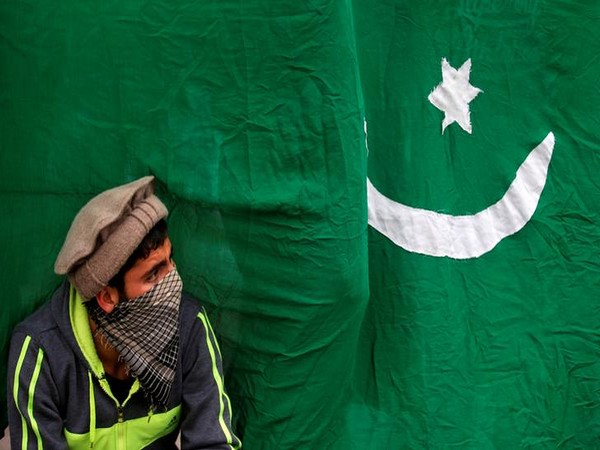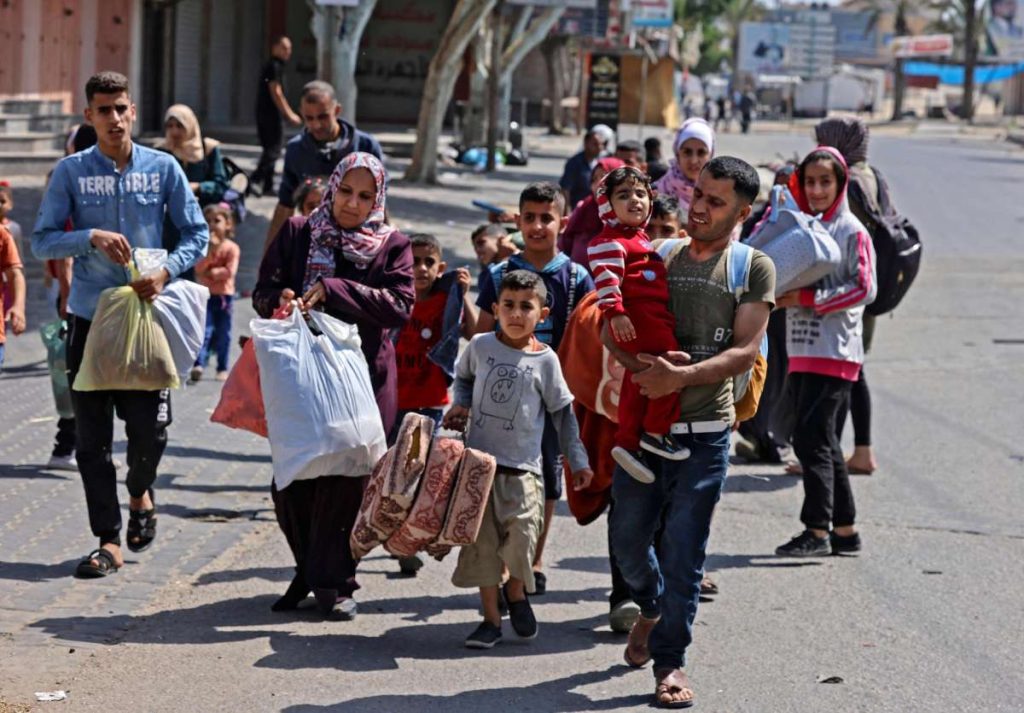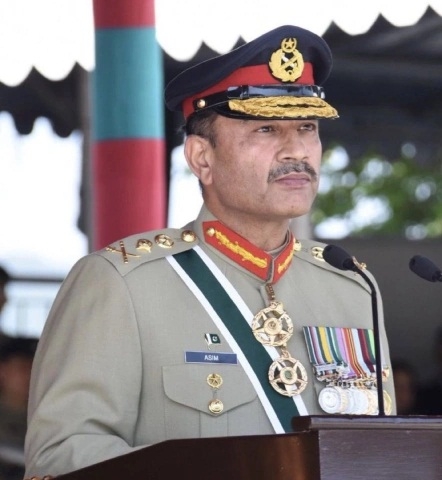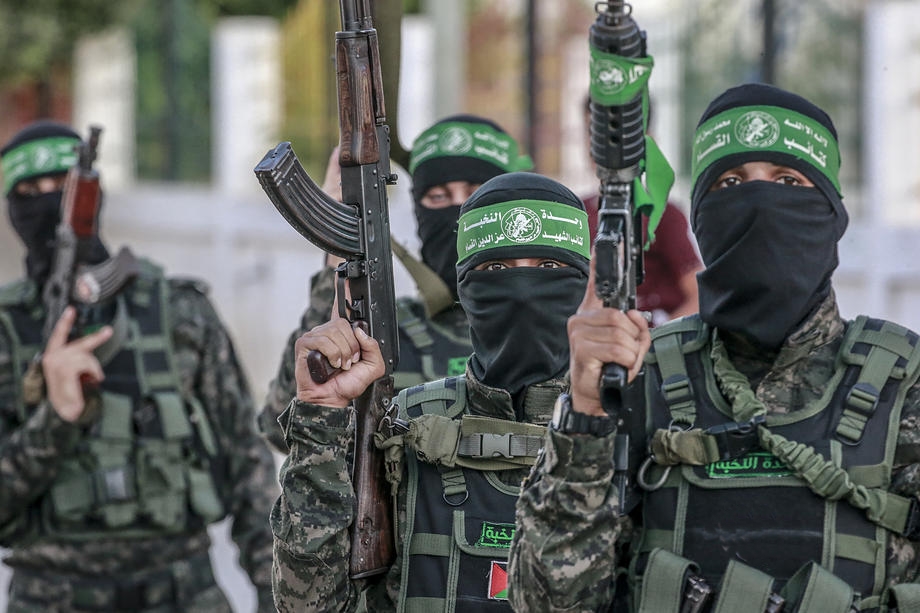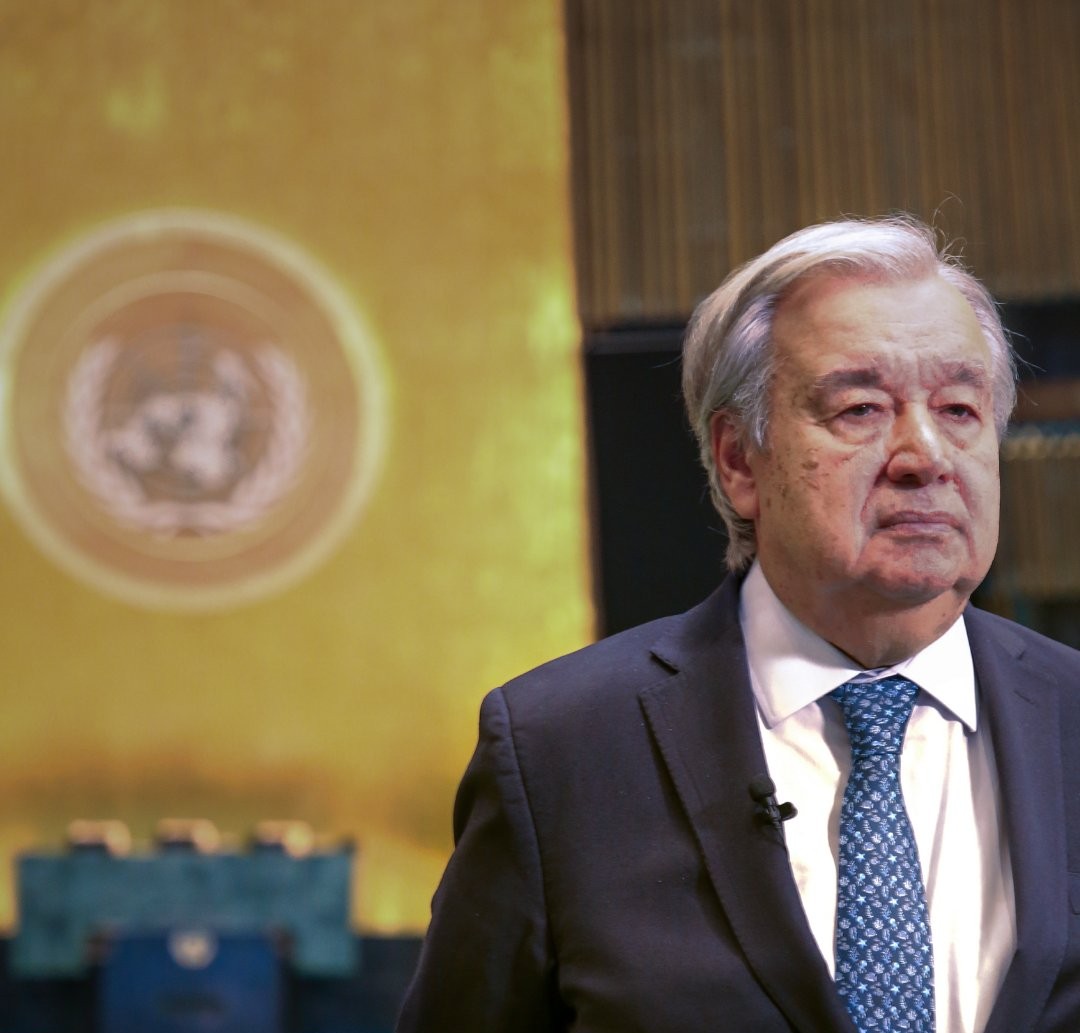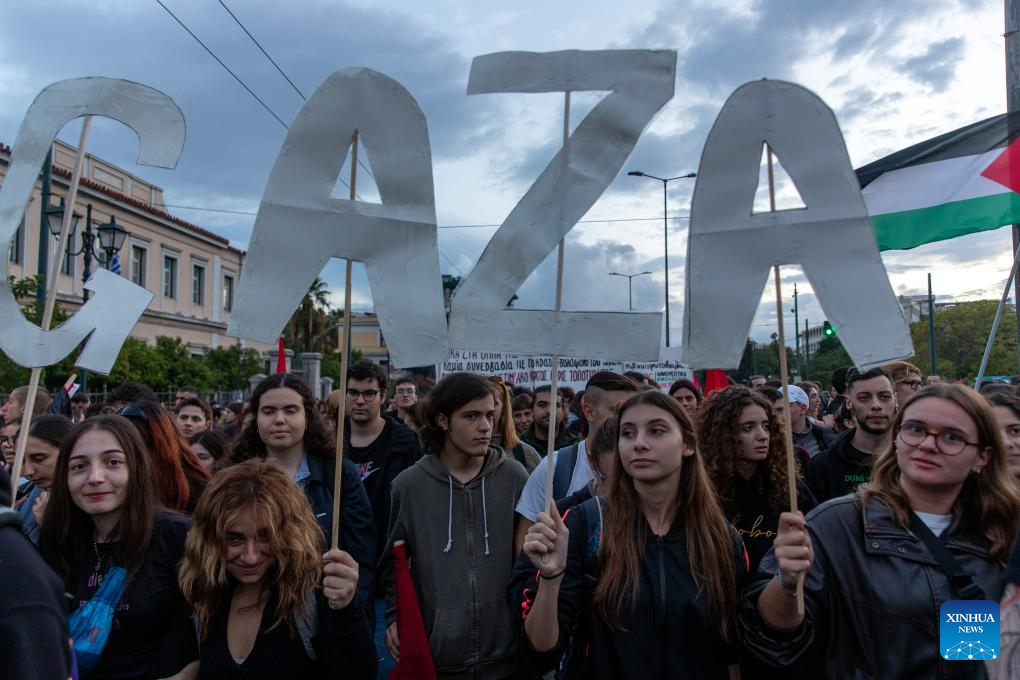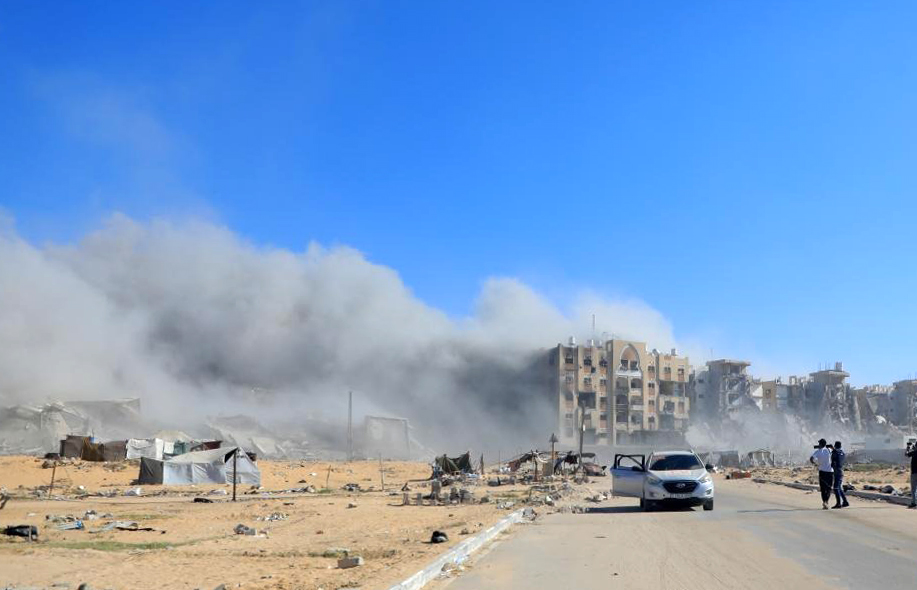Pakistan now rues its “strategic depth” gambit with the Afghan Taliban whom it helped put in power in Kabul. They are infinitely more supportive of the TTP, their ideological brothers. Pakistan is left to wallow in its juice … writes Dr Sakariya Kareem
On December 27, Pakistan remembered one of its most charismatic leaders, Benazir Bhutto, who could have made a difference had she not been assassinated on December 27, 2007. The event’s significance this year lies in unprecedented problems that confront Pakistan, politically unstable and in deep economic distress.
Two constants have entrenched deeper than before since Benazir’s exit. The security establishment will not seize power as in the past and rule through proxy. The other is that faith-based militancy and terrorism that worked to remove Benazir from the scene have come to defy even the all-powerful security establishment.
A third is that the political class is no longer maligned before the public through sections of media. It is divided and manipulated with a ‘favourite’ chosen from time to time and on becoming difficult, is discarded. The judiciary, the bureaucracy and the ‘agencies’ come into play. In the process, however, the security establishment has become clueless about its political picks. As the dynamics demand, they turn defiant. But there is every prospect of the ‘controlled’ democracy persisting, one election after another, one favourite after the other.
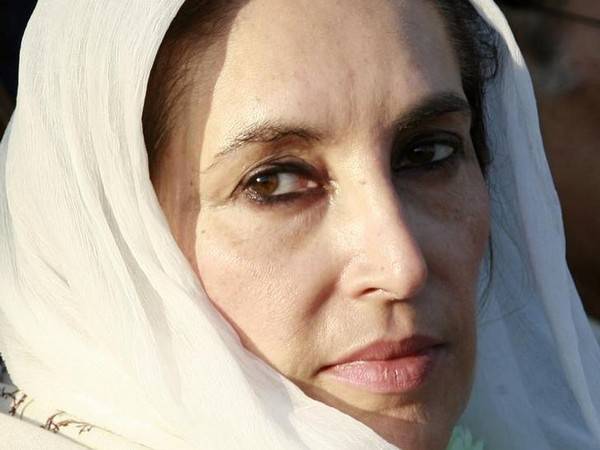
Worse is the loss of the establishment’s control over militancy and terror groups. Tehreek-e-Taliban Pakistan (TTP) which was responsible for Benazir’s killing has under its umbrella Lashkar-e-Toyaba (LeT) and several other militant groups. Its affiliates have grown beyond control and traversed beyond the country’s border, into Afghanistan. Various deals and cease-fires have failed and so is the overall carrot-and-stick policy. Pakistan now rues its “strategic depth” gambit with the Afghan Taliban whom it helped put in power in Kabul. They are infinitely more supportive of the TTP, their ideological brothers. Pakistan is left to wallow in its juice.
This month, Pakistan also ritually mourned the December 16, 2014 massacre of 140 students and teachers at the Army Public School, Peshawar, which was also TTP’s handiwork. Along the way came the murderous attack and miraculous survival of the now-Nobel laureate Malala Yousafazai, TTP’s task again.
All that makes Benazir’s assassination more significant, but to no definite conclusions, like all political murders in Pakistan, of its many leaders. They remain shrouded in multiple mysteries, despite national and in Benazir’s case, United Nations-appointed investigations. In each case, the security establishment, while it assured support, did not cooperate citing “national security.”
In Benazir’s case, then ruler, General Parvez Musharraf, denied responsibility, also the allegations that he failed in his duty when she refused to play the ball and strike a deal. He attributed her murder to her “Western leanings” that had angered the Muslim clergy. Only after retirement, he called the role of a ‘rogue general’ from among his officers, “a possibility.” The events of the day were questioned by several as the mystery surrounding the attack grew with the hurried clearing of the crime scene and the ill-timed changes in the members of the local body and bureaucracy.
If the domestic probes led nowhere, a UN probe ordered at the request of Asif Ali Zardari, Benazir’s husband and the new president, only led to more conjectures, including a possible involvement of Musharraf. Benazir knew all along that she was being targeted after an earlier explosion that killed 132 at her rally, upon her return from a long exile. She had said so, even naming a serving army officer, to a British woman journalist.
Benazir’s party and family benefited politically in the election that ensued and came into power. Since then, they are left to rule the Sindh province and shared power at the federal level till earlier this year. The PPP has fallen out with its then partners and sees Nawaz Sharif as the establishment’s new “chosen one”. The party has lost much of its charisma built by Benazir and her father Z.A. Bhutto fading, while son Bilawal is trying to recapture it, wooing the young. Much would depend upon how the army views him, given the Bhutto family’s political record and outcome of the polls, if they throw up a stable government or a fractured one that requires cobbling of support from diverse parties.

